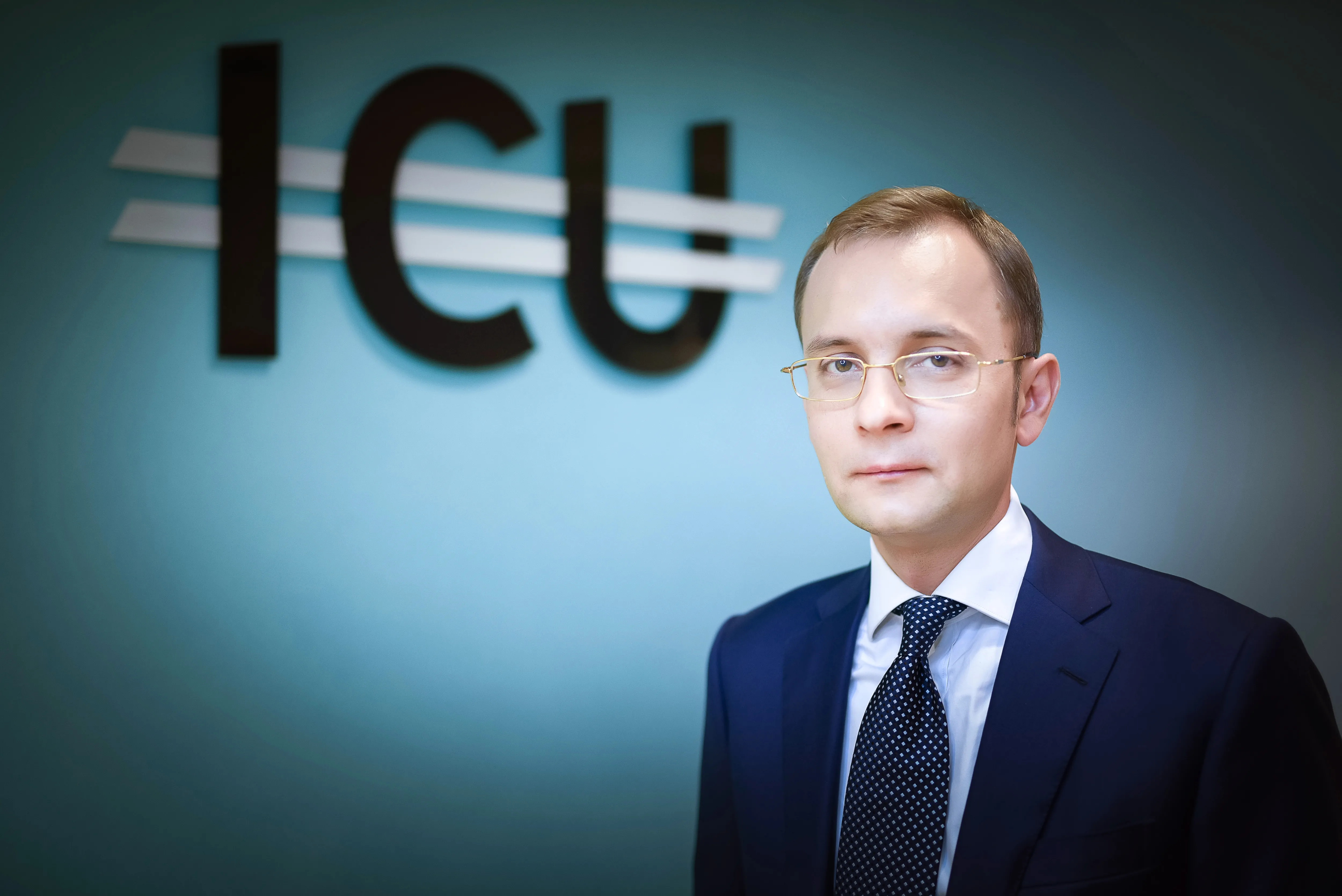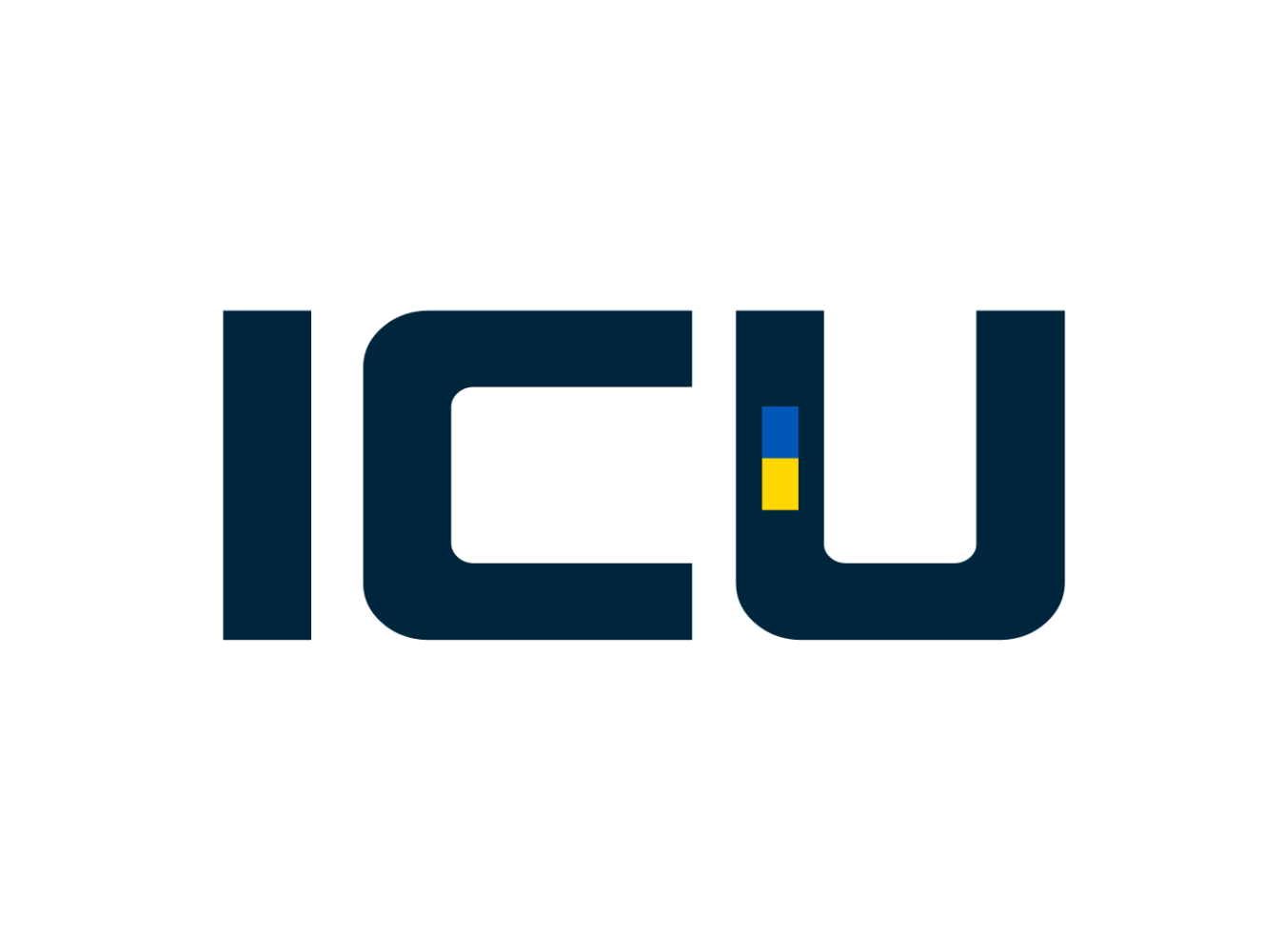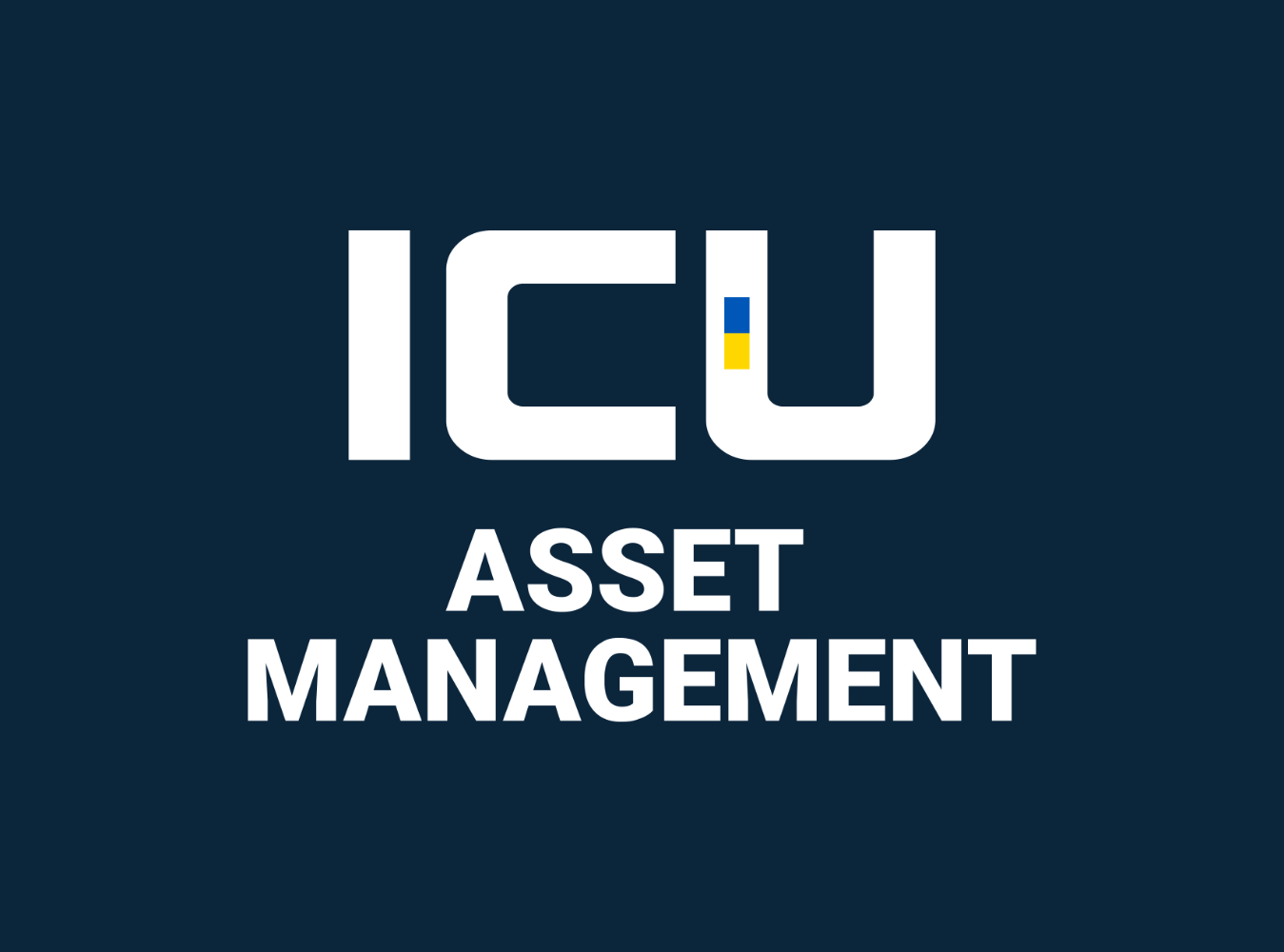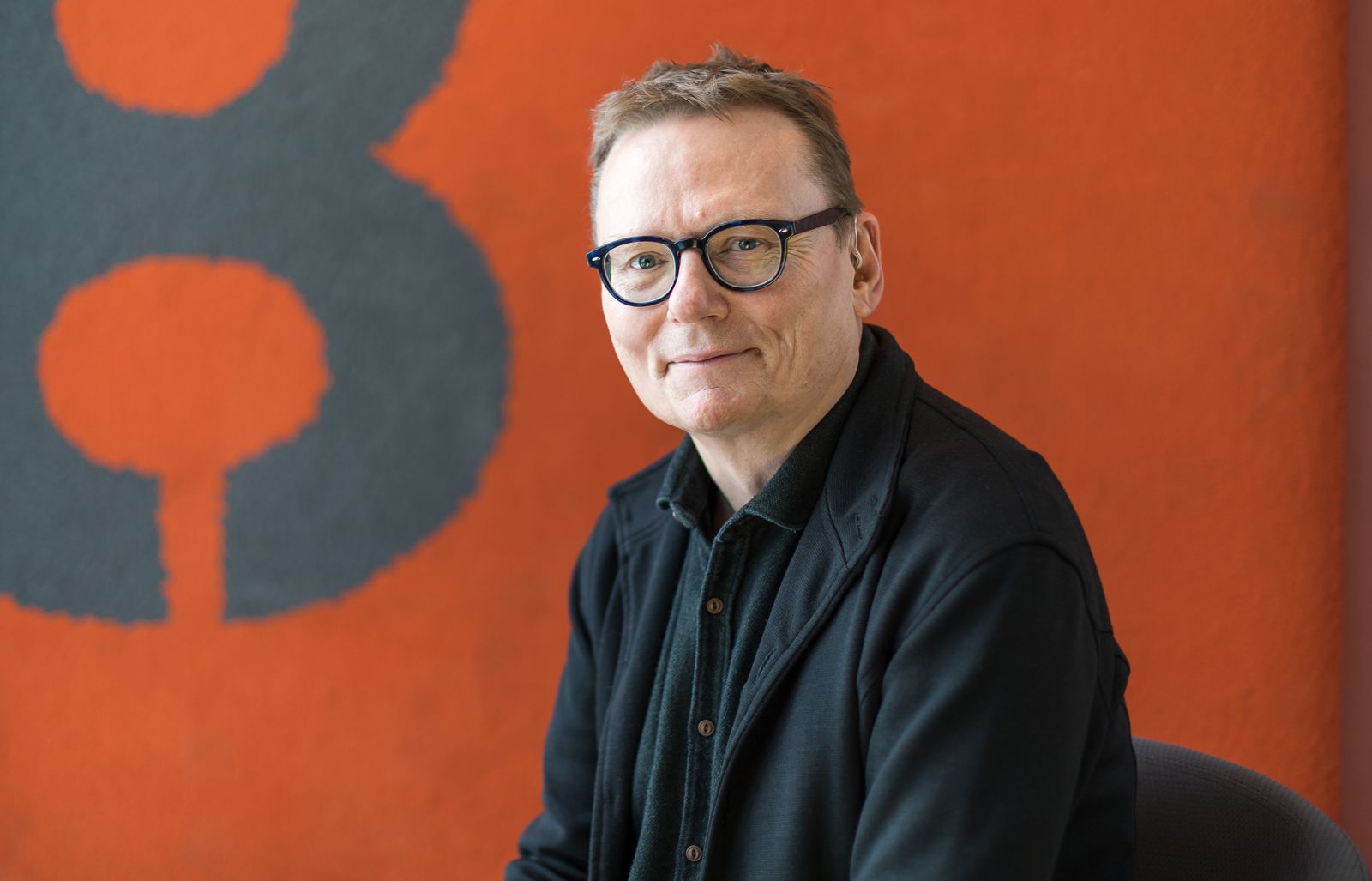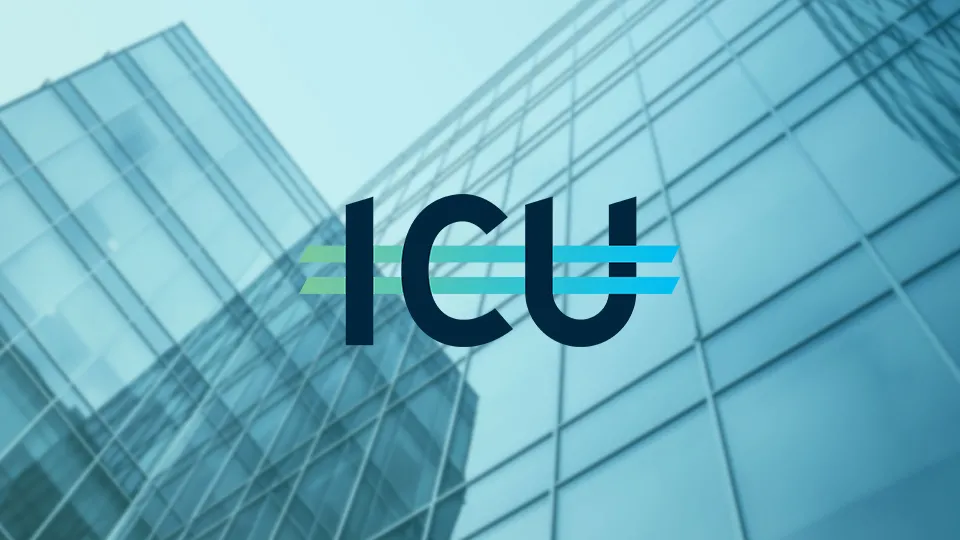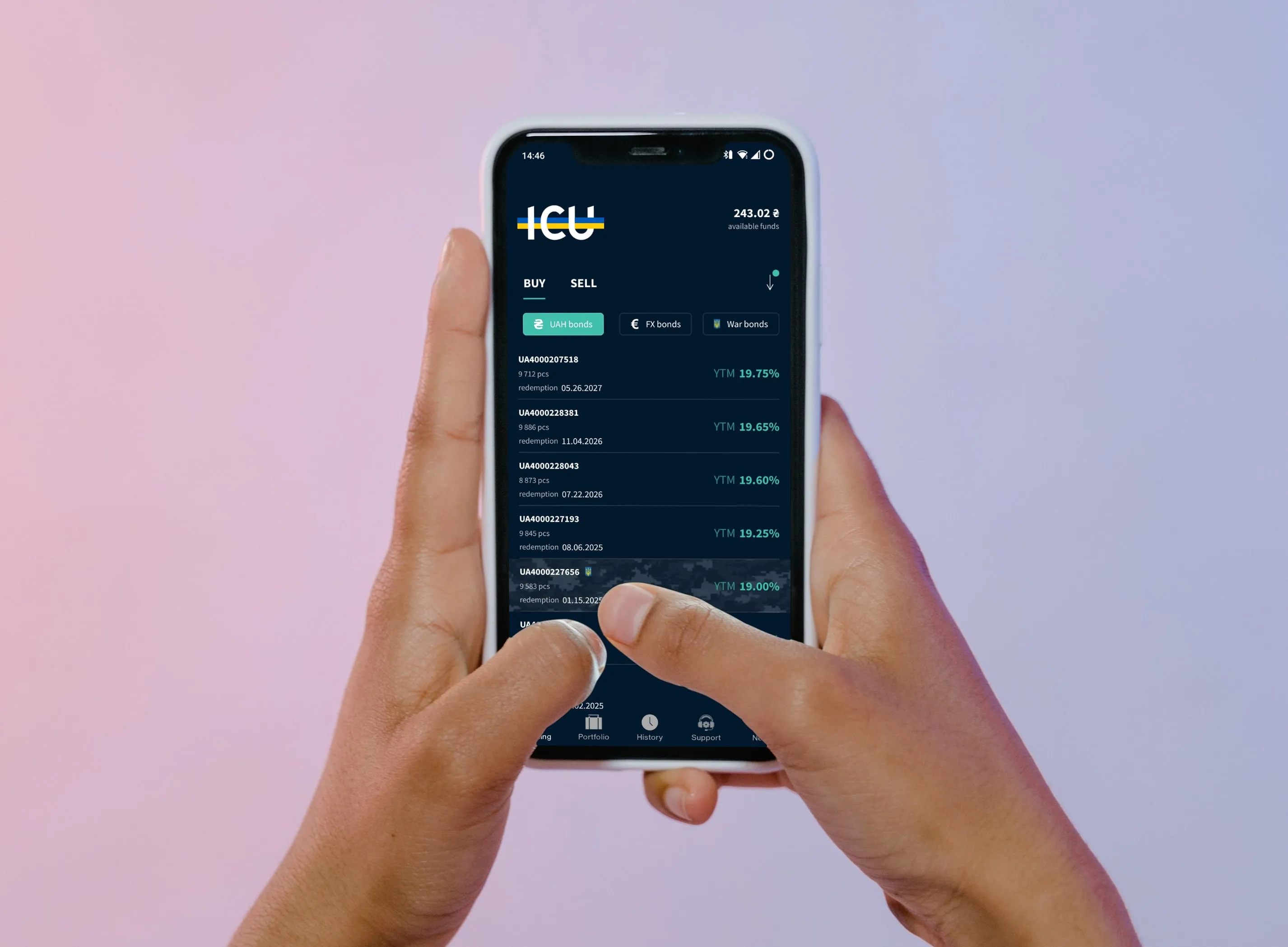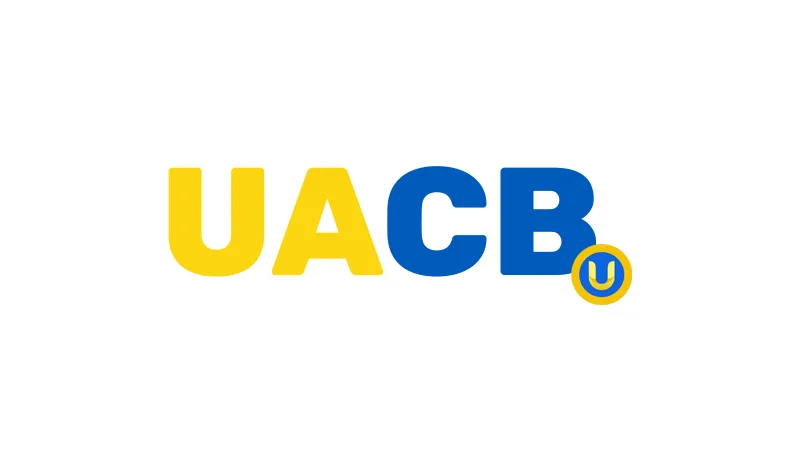As part of Euromoney's 50th anniversary coverage, we profile some of the biggest names that we interviewed for our May CEE focus.
It can be hard to believe today, but in the run-up to the financial crisis Ukraine was seen as one of emerging Europe’s most promising markets by international investment banks.
Listings by Ukrainian companies were starting to appear on stock exchanges in London and Warsaw, while a growing cohort of corporate borrowers was raising funding in the Eurobond market.
Much of that business passed through the Kyiv office of ING, which in 2006 became the first foreign bank to set up an investment banking arm on the ground in Ukraine.
Overseeing the new operation was Makar Paseniuk, who had been covering the market from London since joining ING eight years earlier.
By that time, the Dutch bank already had a commanding lead in Ukrainian investment banking.
“I was lucky enough to be part of most of the landmark transactions in Ukraine, including the first sovereign bond issue, the debut Eurobonds of most of the larger corporates and the first international IPO from Ukraine,” says Paseniuk.
The latter was a £68 million listing of real estate developer XXI Century on London’s small-cap AIM market, which took place in December 2005. A flurry of IPOs of followed over the next three years, mainly from Ukraine’s big agricultural and commodity firms.
“Emerging markets were hot, global funds were still seeing inflows, and people were looking for new ideas,” says Paseniuk.
The collapse of Lehman Brothers put an abrupt end to the party. International players – including ING – beat a hasty retreat from the Ukrainian market, leaving the market to local firms such as ICU, a new entity launched by Paseniuk and several former colleagues.
Specialist
Set up as a full-service investment bank, ICU quickly made a name for itself as a fixed income specialist. In the early years, this mainly meant dealing with debt restructurings prompted by the devaluation of the hryvnia.
By 2011, however, the domestic corporate bond market was starting to recover. Local banks led the way, followed more slowly by Ukrainian companies.
“Non-banking issuance only resumed towards the end of 2017,” says Paseniuk.
He adds that the main barrier to further market development is the lack of a domestic institutional investor base.
“The fund management industry is almost non-existent in Ukraine,” he says. “We are the largest asset manager for corporate pension funds and we have slightly less than $100 million in assets in Ukrainian products.”
Paseniuk says plans to introduce second-pillar pension funds in Ukraine could be a game changer for local capital markets, but adds that, with the recent change of president and parliamentary elections looming in the autumn, it may slip down the political agenda.
“My guess would be that the pension draft law is unlikely to be looked at before next year,” he says.
_______________
Source:Euromoney
Full article: https://www.euromoney.com/article/b1fd1ztcx5m6c0/makar-paseniuk-icu-leads-in-ukraine?copyrightInfo=true


